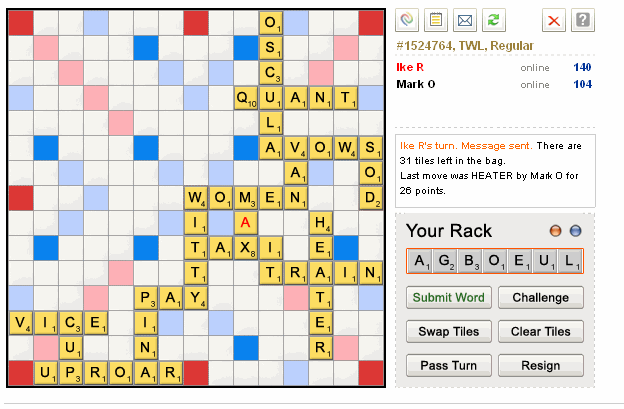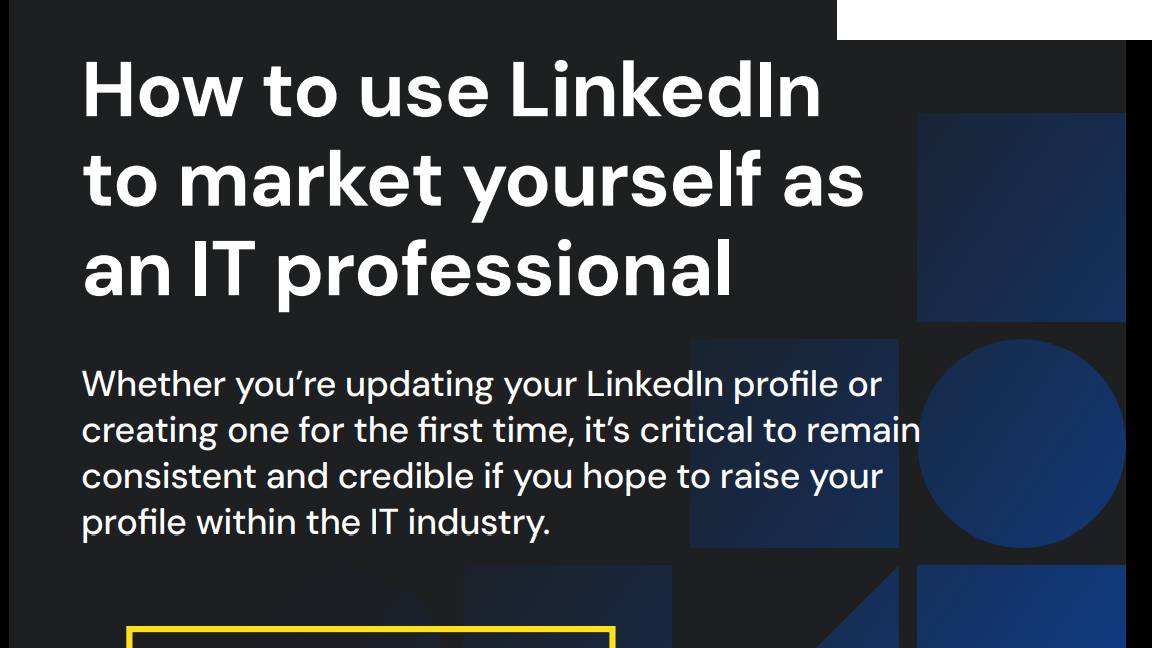The saga of Scrabulous
The popular scrabble imitation is no more, the third-party web app being forced off Facebook by legal action. We chart how a simple word game became one of the biggest IT stories of the year…

Social networking has been hit by one of its most intense battles to date over the past few months, as the user community of Facebook has to some degree been in uproar over one of the third party applications available through the service. But this wasn't about security, malware or privacy intrusion.
No, this was all about a simple game of Scrabble.
In the beginning
The story started in India, back at the end of 2005. That's when a pair of brothers, Rajat and Jayant Agarwalla launched Scrabulous, initially a website where a thinly-veiled variant of the classic board game Scrabble could be played (originally with references to the official version).
Hasbro, the legal owners of the Scrabble brand in North America, had no such alternative available for people to play, and neither did international rights holder Mattel. And for a couple of years, the Scrabulous site flew under most people's radar, save for the thousands of people who used it to indulge in their word game hobby. It worked well, too: the site happily managed games, so that players on opposite sides of the globe could take it in turns to make their moves. For Scrabble enthusiasts, it was a logical way to enjoy the game electronically.
What transformed things, however, was Facebook. The Agarwalla brothers, intrigued by the growth of the social networking service, introduced Scrabulous as a third party application, and soon the user numbers of the game started to soar. It didn't take long before Scrabulous became the most popular game on Facebook, with estimates suggesting that over half a million people were playing it every day.
It thus seemed inevitable that Hasbro and Mattel would begin to take notice, and things started to come to a head earlier this year.
Sign up today and you will receive a free copy of our Future Focus 2025 report - the leading guidance on AI, cybersecurity and other IT challenges as per 700+ senior executives
Rumours around the time suggested that Hasbro offered to buy Scrabulous, presumably with the intention of rebranding it under the Scrabble name. But, as the story goes, the Agarwalla brothers weren't happy with the offer received, and held out for more. The offer was believed to be in excess of $10 million (5.55 million), and while no formal comment has been forthcoming on this, it does dampen the two dimensional David and Goliath perception that surrounds the story somewhat.
What also doesn't help the brothers' case is the fact that Scrabulous was bringing in five figures of revenue for the pair, which went against any notion that they weren't profiting from the work.
What happened then is fairly common knowledge, as Hasbro and Mattel decided to go on the offensive against Scrabulous in an effort to protect their trademark and intellectual property rights.
In January, it threatened legal action against Scrabulous, and put in a request to Facebook to have it removed from its service. But Scrabulous kept going, and Facebook kept the game live. What's more, suddenly the two companies found themselves waging a PR battle, as Facebook protest groups sprang up from discontented users who were keen that the game should remain.
Tens of thousands of people joined said groups, with some threatening to boycott Hasbro's products as a result. Far from dampening the potential flames, Hasbro had just managed to pour a fair smattering of water on them.
Rights and wrongs
And yet, while the apparent heavy-handed tactics involved did neither Hasbro nor Mattel many favours, there was a groundswell of opinion that suggested that this time, it was the big corporate giants that actually had a case.
After all, however you look at it, Scrabulous is a very obvious knock-off of the original Scrabble game, albeit one that does add some extra functionality where online play is concerned.
It further muddies the waters that the Agarwalla brothers were using it to make money, thus arguably financially benefiting off somebody else's copyright. As Mark Blecher, general manager for digital media and gaming at Hasbro commented, "We consider it to be a clear infringement of our intellectual property".
-
 Trump's AI executive order could leave US in a 'regulatory vacuum'
Trump's AI executive order could leave US in a 'regulatory vacuum'News Citing a "patchwork of 50 different regulatory regimes" and "ideological bias", President Trump wants rules to be set at a federal level
-
 TPUs: Google's home advantage
TPUs: Google's home advantageITPro Podcast How does TPU v7 stack up against Nvidia's latest chips – and can Google scale AI using only its own supply?
-
 How to use LinkedIn to market yourself as an IT professional
How to use LinkedIn to market yourself as an IT professionalwhitepaper Whether you’re updating your LinkedIn profile or creating one for the first time, it’s critical to remain consistent and credible if you hope to raise your profile within the IT industry
-
 Meta to pay $725 million in Cambridge Analytica lawsuit settlement
Meta to pay $725 million in Cambridge Analytica lawsuit settlementNews The settlement closes the long-running lawsuit into how Facebook's owner, Meta, handled the Cambridge Analytica scandal
-
 Businesses to receive unique Twitter verification badge in platform overhaul
Businesses to receive unique Twitter verification badge in platform overhaulNews There will be new verification systems for businesses, governments, and individuals - each receiving differently coloured checkmarks
-
 Twitter could charge $20 a month for 'blue tick' verification, following Musk takeover
Twitter could charge $20 a month for 'blue tick' verification, following Musk takeoverNews Developers have allegedly been given just seven days to implement the changes or face being fired
-
 Meta's earnings are 'cause for concern' and 2023 looks even bleaker
Meta's earnings are 'cause for concern' and 2023 looks even bleakerAnalysis Calls for investor faith in metaverse tech only emphasise the worries that its investment strategy won't pay off
-
 Microsoft and Meta announce integration deal between Teams and Workplace
Microsoft and Meta announce integration deal between Teams and WorkplaceNews Features from both business collaboration platforms will be available to users without having to switch apps
-
 Facebook is shutting down its controversial facial recognition system
Facebook is shutting down its controversial facial recognition systemNews The move will see more than a billion facial templates removed from Facebook's records amid a push for more private applications of the technology
-
 'Changing name to Meat': Industry reacts to Facebook's Meta rebrand
'Changing name to Meat': Industry reacts to Facebook's Meta rebrandNews The rebrand attempts to provide a clearer distinction between Facebook and its umbrella company